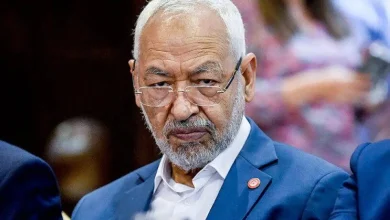Tunisian President refuses the cabinet modification and the escalate of the political crisis

On Monday, Tunisia’s president stated that he would refuse an expected government modification, which increases the prime minister’s dispute, while a political crisis undermines efforts to stop the pandemic and its economic result.
Kais Saied indicated that the modification would be unconstitutional on procedural grounds, and he denounced the absence of women among the prospective new ministers. He also said that some probable new government members may have conflicts of interest, without providing more details.
Indeed, the political crisis comes while the COVID-19 situation weakens an already weakened economy that declined more than 8% last year, as both foreign lenders and Tunisia’s powerful union demanded quick reforms. Besides, demonstrations against inequality and police abuses have also been increasing.
In fact, Tunisia was almost in a political crisis since two separate elections in 2019 led Saied towards office, however that left a deeply fragmented parliament in which no party held more than a quarter of the seats.
The constitution was established in 2014 after the 2011 uprising that introduced democracy to provide parliament the main voice in constituting a government. However, the president also has a role in a complex system of approvals and vetoes.
The government’s formation took many months after the election early last year, but it just remained until the summer before the failure because of the new pandemic. Thereafter, Saied proposed Hichem Mechichi as prime minister; however it was in difference with him although the successful formation of a government that narrowly won parliamentary backing.
Moreover, it’s expected that Mechichi would propose new government this week.
The political conflict between parties and prominent personalities that has accompanied each stage of the process led to delay the government efforts to treat the longstanding reforms.
Furthermore, Tunisia’s economy was not better even before the pandemic, with slow growth, high deficits and public debt, failing state-owned companies, joblessness, and inequality and declining public services.












